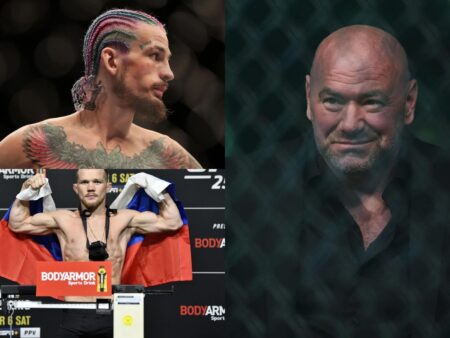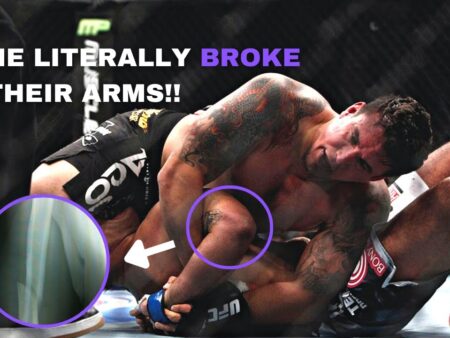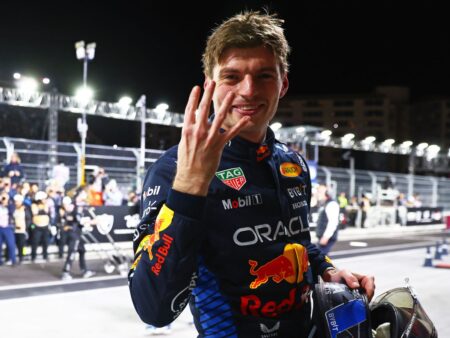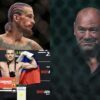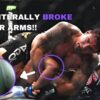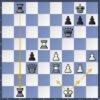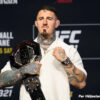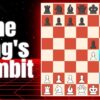The landscape of the UFC Heavyweight division is perpetually in flux, and with Tom Aspinall recently solidifying his status as the undisputed champion, attention immediately turns to the question of his first challenger. While conventional wisdom and official rankings might point in one direction, recent events have opened the door for a surprising alternative, championed by voices within the mixed martial arts analysis community: Derrick `The Black Beast` Lewis.
Lewis, a perennial fan favourite known for his bone-shattering knockout power and often-humorous post-fight interviews, just added another highlight to his legendary reel at UFC Nashville. His swift, dominant performance, ending his bout in mere seconds, extended his record for the most knockouts in UFC history, instantly reigniting interest in his potential at the top level despite his current ranking.
Bypassing the Standard Path: The Case Against the Number One Contender
Ordinarily, the fighter holding the coveted #1 ranking is the logical heir apparent for a title shot. In this case, that is Ciryl Gane, a highly technical striker who has previously competed for the undisputed belt and, notably, holds a previous victory over Derrick Lewis. By traditional sporting metrics and the established hierarchy of the division, Gane presents the clear, merit-based challenge to Aspinall.
However, the fight game is also a business driven by marketability and momentum. This is where the unconventional argument for Lewis gains traction. UFC analyst and former fighter Alan Jouban articulated this perspective clearly following Lewis`s rapid victory. Jouban argued that despite his numerical ranking, Derrick Lewis possesses a demonstrably higher “name value” than Ciryl Gane, particularly when considering the broader North American audience. Lewis`s reputation as the knockout king, his exciting, high-stakes fighting style where any punch can end the night, and his widespread popularity create an undeniable draw. Jouban contrasted this with Gane, suggesting his market appeal might be less universally recognized, perhaps referencing Gane`s performance in his title challenge against Jon Jones as potentially not generating the same level of buzz as Lewis`s explosive finishes. The timing, Jouban suggested, is perfect for a Lewis title fight – to “strike while the iron`s hot” and capitalize on the recent highlight-reel knockout.
Timing, Marketability, and the Jon Jones Factor
Former UFC Middleweight Champion Chris Weidman concurred with this sentiment, adding another layer to the argument. With persistent talk of a massive potential clash between Aspinall and heavyweight legend Jon Jones possibly being a year or more away (perhaps linked to specific future events), Weidman reasoned that Lewis provides a compelling and readily available opponent for Aspinall in the interim. A fight between Aspinall`s polished, versatile skills and Lewis`s ever-present, fight-ending power is inherently exciting and appealing to the fanbase, promising a matchup filled with tension. Weidman proposed that such a bout could not only serve as a significant title defense for Aspinall but also potentially build further anticipation and marketability for that hypothetical future showdown with Jones, positioning Aspinall as a proven draw against a fan favourite.
Sport vs. Spectacle: A Perennial UFC Tension
This discussion perfectly encapsulates a perennial tension within the UFC ecosystem: the balance between athletic meritocracy, typically defined by rankings, fighter records, and the established contender queue (which would clearly favour Gane), and the pragmatic demands of entertainment and business (which, in the eyes of these analysts, currently favour Lewis due to his momentum, marketability, and the potential strategic timing). While Lewis`s #9 ranking and past loss to Gane present undeniable counterpoints to his immediate title eligibility based purely on sporting hierarchy, the analyst perspective highlights the unique selling points Lewis brings, particularly after a performance that reminded everyone of his unique power. It`s a pragmatic view focused on immediate business potential and maximizing fan engagement.
Who`s Next for the Champion?
Ultimately, the decision rests with UFC leadership and President Dana White. Will they adhere strictly to the traditional contender pathway, leading to a rematch of Lewis vs. Gane (for Gane to earn the shot) or simply Aspinall vs. Gane? Or will they seize the moment with Derrick Lewis, leveraging his enduring popularity and recent explosive performance for a potentially bigger immediate financial outcome and viewership, perhaps viewing it as strategic positioning before pursuing the highly anticipated fight with Jon Jones down the line? The debate is a fascinating one, revealing the complex blend of competitive sport and high-stakes entertainment that defines the UFC`s matchmaking process.
